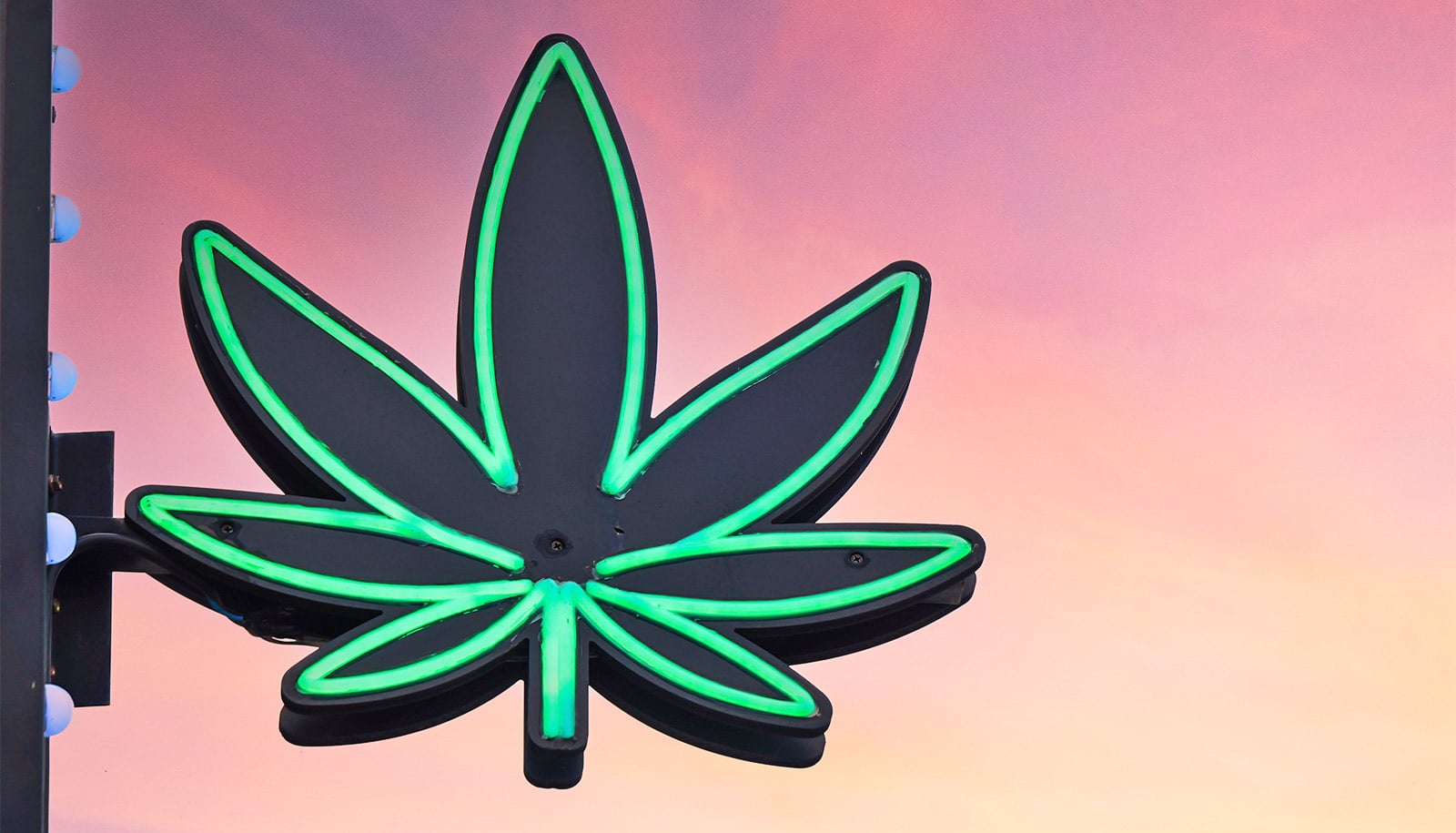A recent survey finds that half of pot users have seen marijuana ads, either traditional or online.
“Advertising can be powerful,” says first author of the study Melissa J. Krauss, a research statistician in the psychiatry department at the Washington University School of Medicine in St. Louis. “That’s why we’re concerned that so many young adults are seeing ads for marijuana. It’s also likely that younger, more vulnerable kids are seeing ads, too.”
Hear Krauss explain the findings:
Marijuana is now legal in more than half of US states. Some states allow medicinal use, while eight states have legalized recreational use.
In an online survey of 742 young adults ages 18-34 who reported recent marijuana use, the researchers found 54 percent had seen or even sought out marijuana advertising in the previous month.
Laws regarding marijuana advertising vary from state to state, but most of those who encountered pot advertising said they saw the ads online, either on websites or social media. Even where there are restrictions on ads, online advertising easily crosses state lines.
Facebook also prohibits ads for marijuana. “But you can go on Facebook and discover pretty quickly that ads and information about dispensaries are there,” Krauss says.
More legal pot, but fewer teen pot problems
Marijuana use can develop into a disorder. According to the National Institute on Drug Abuse, about 30 percent of those who use marijuana have some level of a marijuana use disorder, which can be associated with dependence on the drug.
Although the survey group only included people who said they used pot and was not a nationally representative sample, Krauss calls it alarming that so many people had seen ads for pot, even in places where such ads are supposed to be prohibited.
People who said they actively had sought out marijuana advertising tended to be users of medicinal marijuana products.
“Individuals who seek out ads also are more likely to use novel marijuana products, such as edibles and concentrates, and are more likely to be heavy users,” Krauss says.
The people least likely to be exposed to marijuana ads were those who used pot recreationally and lived in states where marijuana use is illegal. These users were more likely to smoke pot rather than use edibles or concentrates.
“As more states legalize marijuana, we should be vigilant about ads that promote the drug, especially if those ads are aimed at young people,” Krauss says. “We need to protect those who are most vulnerable to the consequences of marijuana use and abuse.”
The research appears in the journal Drug and Alcohol Dependence. The National Institute on Drug Abuse of the National Institutes of Health supported the work.



